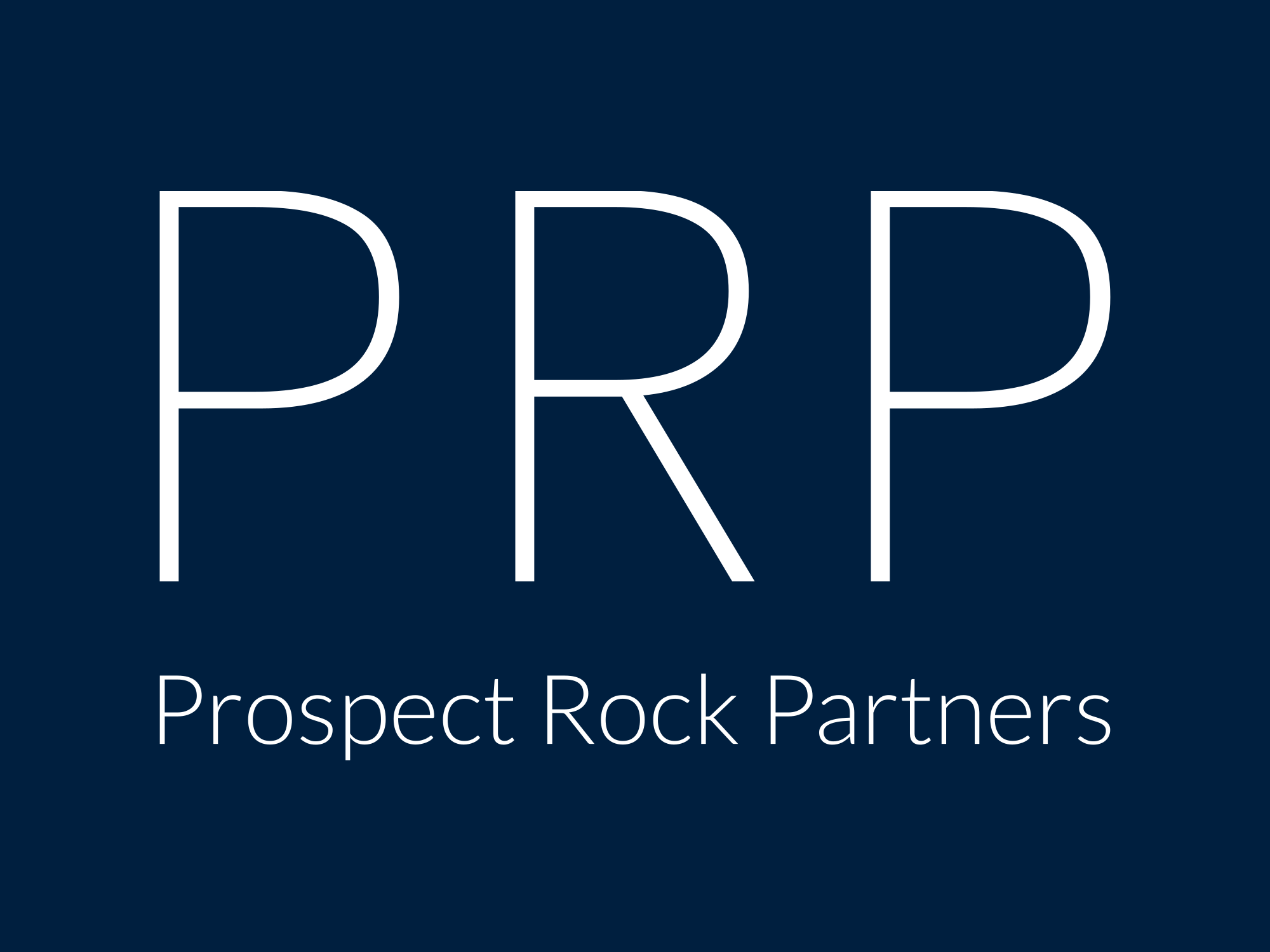Embarking on a career in investment banking comes with its array of challenges, one of which is successfully navigating through the technical interviews. While the name itself implies a hefty load of complex questions around accounting, mergers and acquisitions (M&A), IPOs, corporate finance, and valuation, a strategic and structured preparation approach can make a world of difference.
Breaking Down the Technical Interview
Accounting Principles: The Foundation Stone
In an investment banking technical interview, expect a solid focus on accounting principles given that they form the foundation for many banking activities.
- Know the Basics: Understand the core financial statements (income statement, balance sheet, and cash flow statement) and how they interconnect.
- Master Key Concepts: Grasp fundamental accounting concepts such as accrual accounting, EBITDA, and how various financial activities impact the financial statements.
Mergers and Acquisitions (M&A): Crafting Cohesive Unions
M&A forms a significant part of investment banking, and your understanding of its nuances will be thoroughly assessed.
- Understand the Process: Grasp the various stages in an M&A transaction, from the initial phase of identifying potential targets to closing the deal.
- Valuation Techniques: Get a handle on various company valuation methods used in M&A, including DCF, precedent transactions, and comparable company analysis.
- Deal Structures: Delve into different deal structures like cash deals, stock-for-stock mergers, and leverage buyouts.
Initial Public Offerings (IPOs): Facilitating Market Entries
IPOs are intricate and involve a deep understanding of market dynamics.
- IPO Process: Understand the various steps involved in taking a company public, including the roles of different parties involved and regulatory requirements.
- Pricing Mechanisms: Learn about pricing methodologies like book building and auctions, and comprehend the factors that influence IPO pricing.
- Post-IPO Scenarios: Consider post-IPO scenarios and explore how firms manage their newfound status and navigate through public markets.
Corporate Finance: Managing Capital and Strategy
Corporate finance questions will probe your understanding of how corporations manage their capital and financial strategy.
- Capital Structure: Ensure a solid understanding of concepts like WACC, cost of equity, and cost of debt, along with their implications on a firm’s capital structure.
- Project Evaluation: Be ready to discuss project evaluation techniques like NPV and IRR and be able to articulate their significance in capital budgeting decisions.
Valuation: Estimating Worth
Valuation is pivotal in investment banking, directly impacting M&A, IPOs, and more.
- Methodologies Mastery: Understand and be ready to compare different valuation methods including discounted cash flows (DCF), comparable company analysis (CCA), and precedent transaction analysis (PTA).
- Scenario Analysis: Be prepared to discuss how various scenarios (like economic shifts or changes in interest rates) might impact a company’s valuation.
Key Preparation Strategies
Diverse Practice
While studying the theory behind these concepts is crucial, practicing case studies and problem-solving will enhance your ability to apply them in real-world scenarios. Engage with mock questions, practice tests, and case studies relevant to each area.
Focus on Behaviorals Too
Amidst the technical preparation, don’t neglect behavioral questions. Your ability to mesh technical expertise with soft skills like communication and teamwork is vital.
Understand Current Events
Be in the loop with recent M&A deals, IPOs, and major corporate finance news. Understanding the current market scenario and being able to discuss recent deals articulately shows that you’re not just theoretically sound but also engaged with the industry.
Mock Interviews
Participate in mock interviews to simulate the interview scenario. This not only helps in refining your answers but also aids in managing time and stress effectively during the actual interview.
While technical proficiency is crucial, embodying a mindset of continuous learning and curiosity will always be your strongest ally in this ever-evolving field.
Remember, you’re not expected to be an expert already, but showcasing a robust foundational knowledge and an aptitude for strategic financial thinking will set you on a promising path in your investment banking career journey.
🔥 How Prospect Rock Partners Can Help?🔥
If you’re currently between jobs or seeking a new opportunity, it’s an ideal time to get things in order: create a list of target firms, refine your resume, streamline your narrative, and prepare for upcoming interviews. PRP offers affordable 1-on-1 career counseling sessions. We can help you craft a story or help figure out what is going sideways in your recruiting process. Prices start at $399.
We also have curated an affordable list of key recruiting contacts across private equity firms, private equity recruiters, investment banking talent acquisition, and investment banking recruiters. Each contact includes their name, title, the firm they represent, and their LinkedIn profile, making it easier for you to directly connect and foster meaningful professional relationships. For less than a price of a pitcher of Margaritas you can make that happen.





